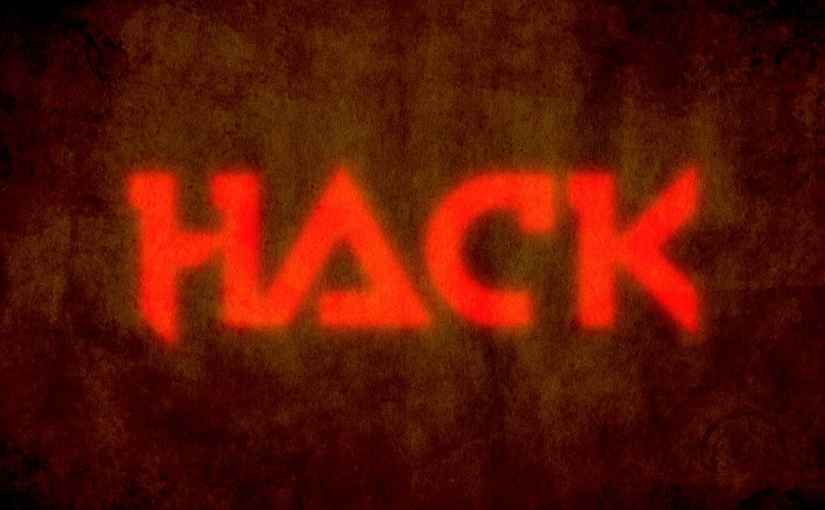Posted on July 16, 2021 at 7:14 PM
US Intensifies Fight Against Ransomware Attack With $10 Million Reward
The United States has intensified efforts to clamp down on state-sponsored ransomware gangs that have continued to disrupt American organizations. This time, the U.S. government has offered up to $10 million for information that can help identify or fish out the malicious threat actors.
The move is a reaction to the series of attacks critical infrastructures in the U.S. have suffered, with the Colonial Pipeline one of the most devastating in recent times.
The Colonial Pipeline attack had a massive impact on fuel supply in the U.S. while the JBS Foods attack impacted the supply of meat.
The reward is offered via the RFJ program
Several industry experts and cybersecurity experts have accused Russia of the attack, accusing the government of allowing and tolerating the hacking groups to operate on its borders on the condition that Russian organizations are not attacked.
Apart from China, other cyber syndicates have been discovered operating from North Korea, Iran, and China.
However, the U.S. government has seen enough and plans to come down hard on the threat actors, starting by offering mouthwatering rewards to any person or group that can provide important information about the attackers’ hideouts.
The reward is offered via the State Department’s Rewards for Justice (RFJ) program, which previously paid out $5 million as a reward for information about the North Korean hacking syndicate. The program also previously offered a $10 million reward for details about the hackers that disrupted the US elections.
The State Department also plans to launch a dedicated dark web portal to get anonymous tips. It says it will also make payments in cryptocurrencies to keep the anonymity of the respondents.
To facilitate tips, the State Department said it was willing to pay rewards in cryptocurrency and even set up a specialized dark web portal to receive anonymous tips. The website can be found at: www.rewardsforjustice.net
U.S. State Department Intensifies Efforts
Ransomware groups have made fortunes from ransom payments through their attacks on several organizations over the past two years. They have attacked local governments, schools, hospitals, manufacturers, and pipelines. In 2020 alone, about $350 million was paid to ransomware attackers, according to a report by DHS.
While regulators and law enforcement have warned victimized firms not to submit to the ransom demands of the threat actors, many of the victims feel it’s the best option if they want to get their files back and intact. However, there is no guarantee that the files won’t be exposed after the victims meet the ransom demands.
The State Department says the RFJ program is collaborating with interagency partners to set up rapid processing of information. Additionally, the partnership will ensure the swift and accurate payment of rewards to the beneficiaries.
The RFJ website has also provided more information about the reward offer on its website.
An execution task force has also been set up
According to reports, the reward is part of a larger rollout of actions the Biden administration has taken to curb the menace of ransomware actors on U.S. organizations. A multi-agency task force has also been formed. Their role is to lead both an offensive and defensive charge against ransomware groups.
The task force has also been mandated to offer assistance to “critical infrastructure companies” and government agencies on improvement on cybersecurity. The group will provide weekly updates on their activities and efforts made to protect U.S. organizations against ransomware gangs.
Congressman Jim Langevin stated that the decision of the administration to up its game against threat actors is a good one. However, he added that more efforts should be made otherwise organizations will remain vulnerable.
He said that’s the reason he has been clamoring for a sustained investment in regulatory bodies that will help to crack down on these ransomware gangs that want to cripple vital infrastructures in the economy.
Some cybersecurity experts are also wondering whether the reward program will be enough to fight the threat activities of the ransomware actors who mostly use sophisticated means to bypass security systems and infiltrate networks.










